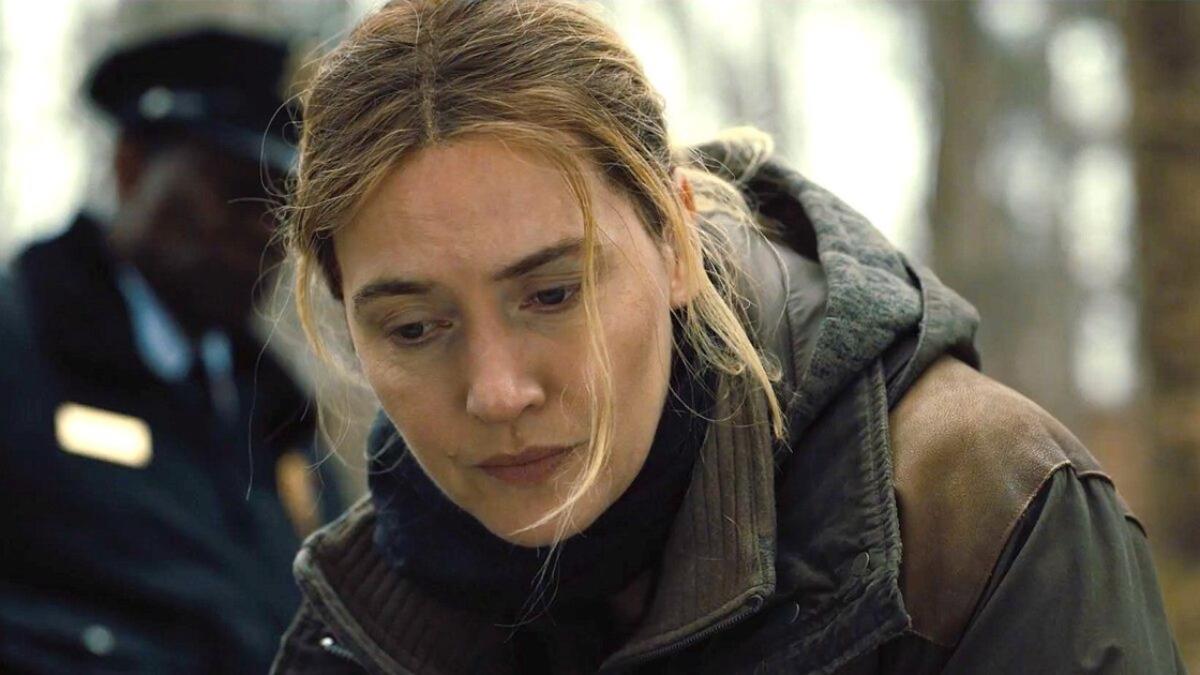
I surrendered to PMS this week and decided to watch the show that so many friends and articles have been raving about, Mare of Easttown, in one sitting; consuming it the way that I feel all modern TV is meant to be consumed, in a binge.
As people before me had commented, Kate Winslet’s accent was excellent, and I also didn’t notice her belly in the sex scene. As the story progressed though I became increasingly unsettled – and not in the way the show intended.
WARNING: This post contains spoilers for Mare of Easttown. It also talks about violence faced by sex workers, which may be triggering for some readers.
More and more references to ‘prostitution’ were dropped, a phrase that I always find disconcerting as a full service sex worker. That’s because it’s a legal term, immediately placing the work only in the context of something criminal – which in the US, is the only way it exists (with the exception of Nevada, where there are some legal brothels).
As Mare began to trawl through escort ads and speak about young girls with substance abuse issues drawn into prostitution, I became frustrated; ‘drugs and prostitution’ are paired together as vices, a shorthand explanation as to why this girl went missing and why this one was found dead and why this one shouldn’t have too many resources wasted on her. It’s a trope that’s fallen back on time and again, but unlike the trope of the flawed cop/detective which is always given backstory, it’s given no context.

The reason why sex workers in the US are murdered at such high rates is because their work is criminalised, forcing them to work in more dangerous situations. The podcast Reply All has an excellent episode called ‘No More Safe Harbour’ (which explores the impacts of the US government shutting down Backpage) in which it cites the statistic that sex workers there have a homicide rate of over 200 per 100,000 people – a rate higher for women than any other job and one that disproportionately affects black and trans sex workers. This is because sex workers in the US are not just victims of violent men, but of the legal system itself.
When I watched one character in Mare of Easttown get choked by a client in a van, all I could think was: imagine if she were able to work in a brothel, surrounded by other workers and CCTV, or imagine if she were able to work from her own home, with a friend for safety? In the US, both of those things would leave her vulnerable to raids from police, criminal charges and brutality from police (sex workers working under criminalisation often say they are more scared of violence from police than clients).
When another character spoke about how (presumably) the same client had attacked her in a van once and she had been able to fight him off, all I could think was: if only her job wasn’t illegal she could’ve reported that, allowing other women to be hopefully spared the same fate.
I accept that crime shows, like all genre shows, rely on a framework of tropes. However, that doesn’t mean there’s no room for a comment to be made on them within the show.
I think of how pleasantly surprised I was when in The Fall – a 2013 Northern Irish crime show – the Detective Superintendent (played by Gillian Anderson) said, ‘What if he kills a prostitute next… will they be in someway less innocent therefore more deserving? Culpable’.
It was one line, yet it challenged the notions of perfect victimhood and critiqued the long history of law enforcement ignoring crimes committed against sex workers, a culture that has led to sex workers being a target of serial killers (for example, the Green River Killer and Jack the Ripper).
How refreshing – and radical – would it be to have a crime show that offered a critique on the system and assumptions it exists within. I feel that Mare of Easttown sways close to this in its ending, where punitive/carceral justice is pursued at the expense of families, and with the very young perpetrator in particular you can’t help thinking as a viewer, is this really the best response? Surely we can come up with something better as a society than jail?
As a sex worker living and working in NSW, I am grateful every day to work under decriminalisation, the policy that both Amnesty International and World Health Organisation back as the one that best supports the human rights of people in the sex industry.
This is not the case in the US. It’s a shame that in a show as layered and complex as Mare of Easttown, no space was made to interrogate why these particular girls were victims, because it’s not just ‘the way things are’, something static that can’t be changed. The legal system is largely at fault and responsible, and this is something that can – and should – be changed.
Tilly Lawless is a queer, Sydney-based sex worker who utilises her Instagram @tilly_lawless to speak about her personal experiences within the sex industry as well as giving a deeply intimate insight into queer romance and relationships. Her debut novel ‘Nothing But My Body’ will be published by Allen & Unwin on the 3rd of August.
You can watch all of Mare of Easttown right now on Binge.







